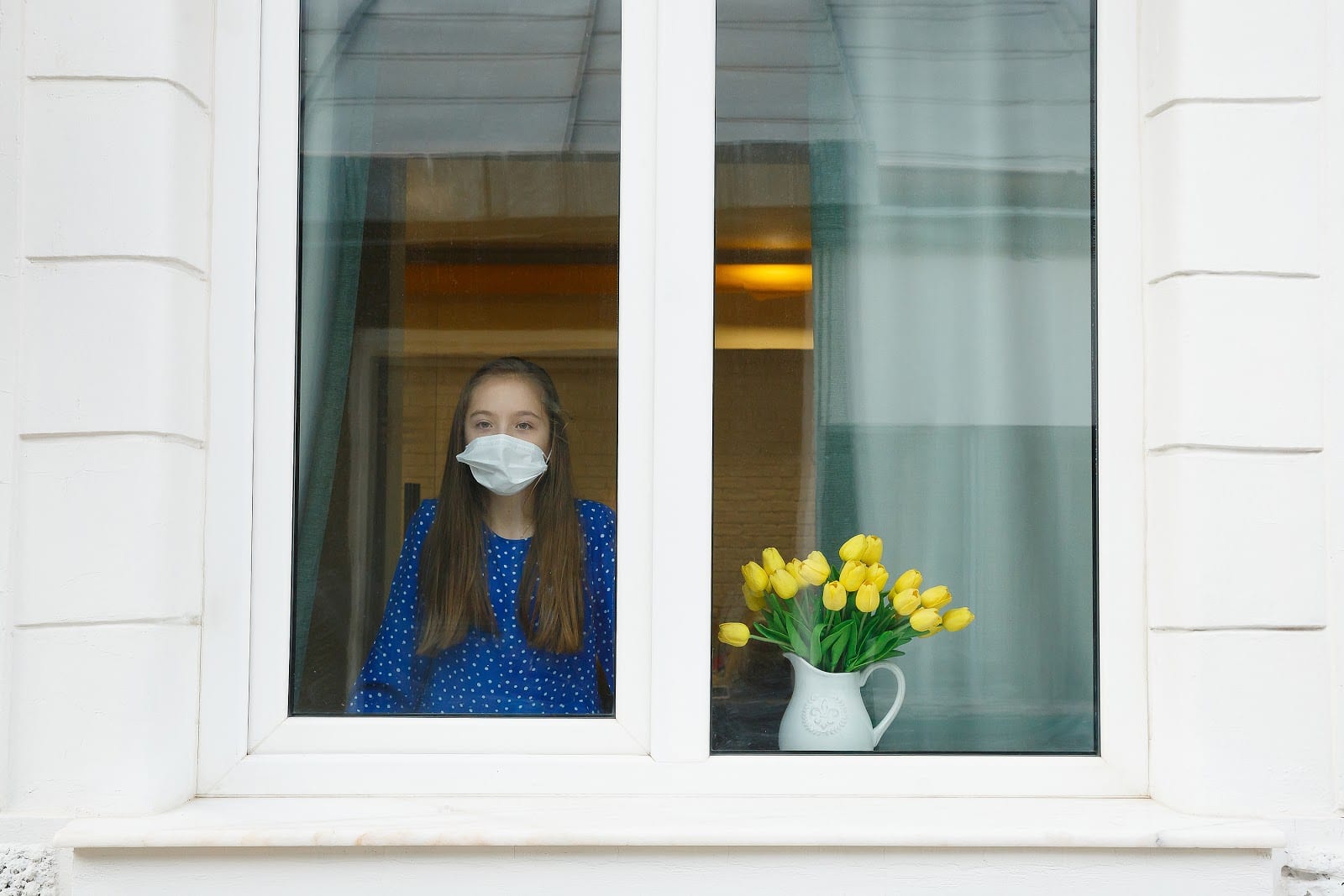As the Lehigh Valley transitions into the green phase and businesses begin to open back up and lessen restrictions that were placed amid COVID, many people will be eager to resume their “normal” lives. However, there will also be some individuals who will be apprehensive and fear leaving their home and returning to a social lifestyle following months of quarantine.
The COVID-19 pandemic has affected the lives of many — from job losses, sickness and deaths, and affected mental health — it’s normal to be weary of what the world may look like as we reenter it from isolation. But there are strategies that can make those feel more comfortable, and with time, going out may feel like normal again. If the fears and anxieties are affecting your daily life, it may be time to see a professional mental health expert.
Set Out Time to Be Alone
Going from spending most days alone in insolation and connecting with others only via virtual communication to now being in public and around more people can feel like a shock. Going forward, it’s important to continue to practice self-care and carve out time for you to spend alone doing what you enjoy. Maybe you unwind by binging movies, getting in a workout, or playing with your pets — whatever it may be, don’t lose focus on caring for yourself once your region reopens. It’s not selfish and your mental health should remain a top priority.
Another important tip to feeling your best mentally is to feel your best physically. Choose a well-balanced and nutritious diet instead of processed foods, drink plenty of water, get an adequate amount of sleep, and set time aside for exercise or meditation. Not only will treating your body right help to keep you healthy, but it has also been proven to improve mood, stress, and anxiety levels.
Focus on What You Can Control
A large contribution to any feelings of uneasiness or anxiety may lie in the fact that the situation feels unwarranted and out of control. With new information being published every hour and safety guidelines constantly shifting, it’s not uncommon to fear resuming normal life only to possibly have to return to quarantine again if COVID-19 cases spike. But focusing on mindfulness, jotting down the positives during the day, and limiting the news you watch can help change your mindset.
Focus on what you can control. If you find yourself worrying about the “what-ifs” that may result from the pandemic, write them down and then concentrate on the solutions and problems you can control. Staying proactive can help you feel more prepared even when the situation seems out of control.
Do What Makes You Comfortable
While you may feel added pressure to re-enter society as businesses reopen and your peers begin to resume their previous activities, it’s important to follow what is comfortable for you and pace yourself when it comes to leaving lockdown. You may feel more comfortable starting to reacclimate yourself post-lockdown by dining outdoors, visiting the grocery store at non-peak hours, and only visiting essential doctor appointments.
It is recommended to continue to avoid any unnecessary crowds such as bars or concerts and wear a mask when out in public, monitor any health symptoms, and practice good hygiene such as washing your hands frequently. Family and friends will understand if you are not ready to visit with them in person just yet and prefer to connect virtually. Many companies are also remaining flexible for their workers when possible by allowing them to work from home. As time goes on and you slowly reintroduce yourself into the public, you may find that you do not feel as anxious and are more comfortable resuming more activities.
Ask for Help
If the fear of leaving your home after lockdown is impacting your daily life, your relationships, and not improving, it may be time to seek professional help. Psychotherapy, or talk therapy, with a mental health professional has proven to help many with a variety of disorders, but if traditional forms of therapy and medication are unsuccessful, there are other options. At the Lehigh Center for Clinical Research, we offer clinical trials for social anxiety disorder, depression, PTSD, among others. There is no shame in reaching out for help. Never lose hope.







